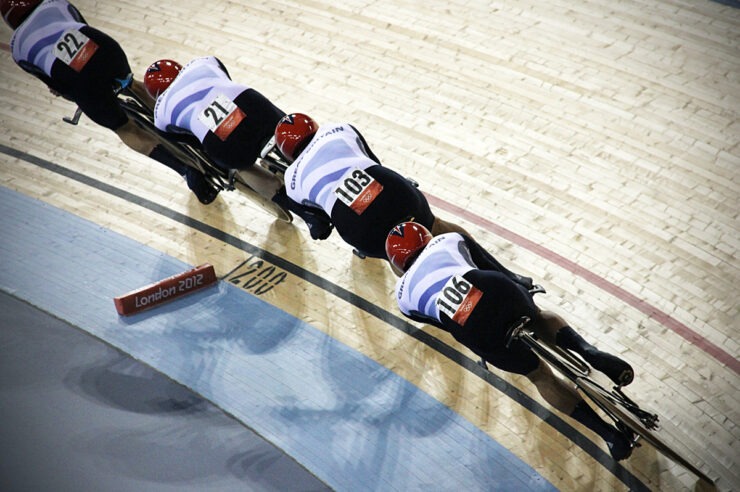New data from the Office of National Statistics shows 30.3% of people worked more hours than they would normally during April 2020.
Equally a recent Glassdoor study found that just 43% of the UK workforce had currently taken any of their allocated 2020 annual leave. And of those that did, 23% regularly checked emails and 15% continued doing some work out of fear of being behind on their return and of missing targets.
Working hard and going ‘above and beyond’ has been crucial for many of us to survive in recent months, but as we move out of lockdown we need to place equal emphasis on energy renewal:
“…just 9 days ago I felt pretty broken – probably the most physically and mentally tired I have felt in a very long time. We have been working in extraordinary conditions for 3 months. In some ways it had passed in the flash of an eye. In other ways it had been a very long time…I am writing this because I know how tempting it is to just keep on working when the chips are down. But when the chips are down for the long haul we need to make sure we, and our teams, are at our best. To be at our best we need to rest and recuperate. I knew I was tired but I did not know how tired I was”
Simon Blake, Chief Executive of Mental Health First Aid
Yet “today’s leaders treat stress and overwork as a badge of honor, brag about how little they sleep and how few vacation days they take, and have their reputations as workaholics carefully tended…we need to rethink the relationship between work and rest, acknowledge their intimate connection, and rediscover the role that rest can play in helping us be creative and productive. We shouldn’t regard rest as a mere physical necessity to be satisfied grudgingly; we should see it as an opportunity. When we stop and rest properly, we’re not paying a tax on creativity. We’re investing in it.” says Alex Soojung- Kim Pang, author of ‘Rest’.
The power of rest
Regular periods of rest and recovery are proven to improve our overall performance. Take sports coaches, Jim Loehr and Tony Schwarz, who have dedicated their working lives to improving the performance of elite athletes and executives.
When Loehr started working with elite athletes, he couldn’t understand the performance gap between his low‐ranked and his high‐ranked athletes. Both cohorts had incredible, talent and work ethic. Then, one day he noticed his high‐performing tennis players doing something strange. Between points the high‐performing players seemed to zone out. In the middle of a match, they appeared to be completely relaxed.
On investigating further, Loehr found that high‐performing athletes consistently perform at a high level because they’ve developed the habit of going through rapid cycles of intense focus and relaxation to renew precious energy resource.
Through years of study Loehr and Schwartz recognised the need for energy renewal as being key to high performance. To help focus athletes and executives alike on making energy renewal a routine and daily habit, they created the high-performance pyramid:

Reference: Loehr & Swartz, 2001
Encouraging personal and team energy renewal
Regular breaks and annual leave of course have their place in energy renewal, but leaders also need to ensure formal support mechanisms are in place that enable team members to ‘step back’ and renew their energy, whilst others ‘step forward’ to sustain the pace of work (think of it as a relay team) – this is a sign of a truly resilient team.
To help build this level of support in your team and in turn boost their level of resilience, we put together a free downloadable toolkit. Informed by our team resilience workshops that shares ways to formally build support mechanisms within a team – naturally encouraging energy renewal while sustaining a high pace of work.
To access your free copy of the toolkit, complete the form below.
 Sophie Brooks -
Sophie Brooks - 




